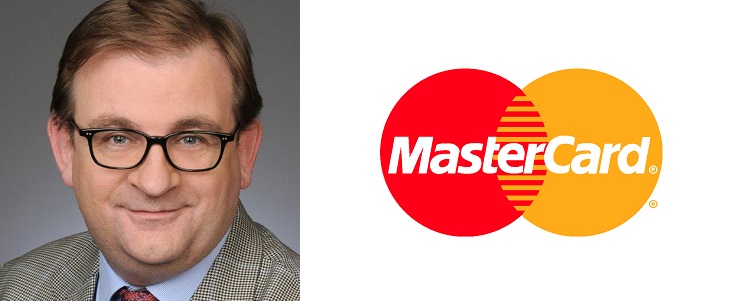The boss of MasterCard in the UK and Ireland believes cash will be practically extinct in the next five years across Britain and Ireland and will seem as antediluvian as carrying a pouch full of gold.
Speaking to Business Insider during Money2020 Europe in Copenhagen last week, Mark Barnett CEO of MasterCard UK and Ireland claimed cash in 30 years will seem as old fashioned as the horse and cart.
Barnett says:
"We're quite ahead of the rest of the world, because if you take the world as a whole it's still 85% cash. I think in five years time there'll be practically none. There will be some, there might always be some. But in terms of the number of transactions, in five years time the vast majority of the cash will be out of the system."
Cashless payments now
In 2015 cashless payments overtook the use of notes and coins for the first time in the United Kingdom, according to the industry body The Payments Council who claimed the use of cash by consumers, businesses and financial organisations fell to 48% of payments last year.
The remaining 52% was made up of electronic transactions, ranging from high-value transfers to debit card payments, as well as cheques.
The Payments Council is predicting that among consumers alone, the majority of transactions will be cashless in 2016, partly because younger consumers say they are less reliant on cash.
A world beyond cash is a good thing
This of course will be right up MasterCards street as the more people paying by debit and credit card, the more business they believe will come their way.
Barnett goes on to say that the idea of carrying coins — 2p, 1p, 50p all cluttering up your pocket — will be an anachronism. It will seem as antediluvian as carrying a pouch full of gold.
Barnett describes his idea of a perfect cashless world:
"We MasterCard think a world beyond cash is a good thing. Wherever you find high levels of cash — I'm not saying there's a causal relationship — but you get high levels of poverty, you get high levels of crime, difficulty in doing business, high levels of corruption, low levels of tax collection. I think in the end it's a good thing, a world beyond cash."

Technology facilitates changes in payment habits
When asked by Business Insider why we are seeing a tipping point now as plastic has been around for decades, Barnett says:
"It's changing now faster than it ever has before due to big external factors — the first is technology.”
He explains further that one of them is contactless, NFC (near field communication technology). That's been around for 7 or 8 years but it was really only when MasterCard got TfL (Transport for London) so people could start using their credit or debit card on the tube. It really took off.
Barnett points out:
"We see that now spreading out. People get on this tube, then they buy their coffee, then they buy their lunch, then they buy a drink and so on. That grew five times in a year — 500%. What it's doing is ripping cash out of the system very rapidly."
Loyalty programmes
When asked how much more convenient is it really to get your phone out of your pocket than to get your card and tap, Mr Barnett admits to Business Insider:
"If you're competing on just the payment experience, the difference is marginal, but a card is just a card and a phone has all sorts of other things we can do with it like loyalty.”
He says that everybody is trying to find what people bundle in around the payment to make it relevant. For example, if every time they use their phone to pay, they have already pre-loaded all their loyalty programmes. They automatically get populated. They can redeem in real-time.
Most of the transactions will go through mobile phone
MasterCard is experimenting with new mobile phone based innovations to keep at the cutting edge of payments, with examples such as an app that lets you pay a restaurant bill on your phone and cut out the hassle of waiting for the bill.
They are also working on selfie pay technology that uses facial recognition for authenticating purchases and even a NFC-enabled ring that can you pay with.
Barnett concludes:
"I think if there's one thing we can say about where payments are going, it's going on to your phone. In a few years times, most of your transactions will go through your phone. There'll always be a card in the background and there'll always be a little bit of cash. But it's all going to the phone and there's a race to see which solution can capture the most customers."
Going by all the above it seems that Bitcoin has beaten MasterCard on all these innovative areas already, the question now is which services will consumers choose as we head into a digital based mobile payment dominated world.
